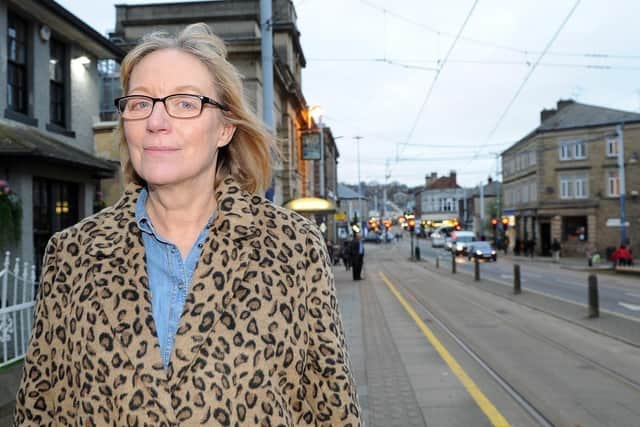Sheffield MP demands action over 'widening wealth divide' for GCSE and A Level results
and live on Freeview channel 276
Gill Furniss, Labour MP for Sheffield Brightside and Hillsborough, has written to education secretary Gavin Williamson saying she is ‘deeply concerned’ about the impact on her constituents of the ‘widening inequalities’ in education.
She highlighted analysis of A Level results which showed that 70 per cent of grades in independent schools were A* or A but this falls to 39% in comprehensive schools.
Advertisement
Hide AdAdvertisement
Hide AdThe nationwide increase in top grades has also been disproportionate, the findings show, with an increase in top grades of 9.3% for private schools compared to 6.2% among comprehensives.


The same trends can be seen in this years GCSE results, says Ms Furniss, with Ofqual data showing that children on free school meals were less than half as likely to achieve a Grade 7 (A) as those not on free school meals – a disparity that has grown by a third since 2019.
In her letter, she writes: “Whilst much has been said on the record increase in top grades, this is being disproportionately fuelled by private schools whilst those from the poorest backgrounds are being left behind.
“I am deeply concerned by the impact this will have on my constituents. The proportion of pupils who receive free school meals in my constituency of Sheffield Brightside and Hillsborough is significantly higher than the national average. Therefore, the widening inequalities in educational attainment will have a particularly negative effect on pupils in my constituency.”
Advertisement
Hide AdAdvertisement
Hide AdMs Furniss says in the letter that pupils from poorer backgrounds are disproportionately affected by factors such as classroom sizes and inequalities in the distribution of education funding.
She adds: “The levelling-up agenda must tackle this serious and growing issue. Pupils’ grades must be determined by their ability and effort, not their postcode.
“Whilst Labour have put forward a £15bn recovery package to invest in every child, research estimates that the Government’s lacklustre support means that over half a million children will leave school without catch-up support this summer.”
A Department for Education spokeswoman said: “Students have worked incredibly hard during extremely challenging times. There has been an increase in top grades for students from all backgrounds, and the relative increase of the proportion of 7s and above on last year is no higher in independent schools than it is in secondary comprehensives.
Advertisement
Hide AdAdvertisement
Hide Ad“We are committed to supporting students from all backgrounds. Ofqual report that the assessment approach this year is likely to have helped prevent previous gaps from widening as much as they would have done without this year’s grading process.”
She added that since 2011, disadvantaged pupils had narrowed the gap with their peers at every stage of education up until the pandemic, with the attainment gap between disadvantaged and non-disadvantaged pupils narrowing by 13% at age 11 between 2011 and 2019.
But she accepted that the Government must ‘redouble those efforts, after the disruption the pandemic has caused’ and had already invested more than £3bn as part of its long-term education recovery plan.
She also said that all centres had their policy for awarding grades checked by exam boards to make sure their arrangements were fair.